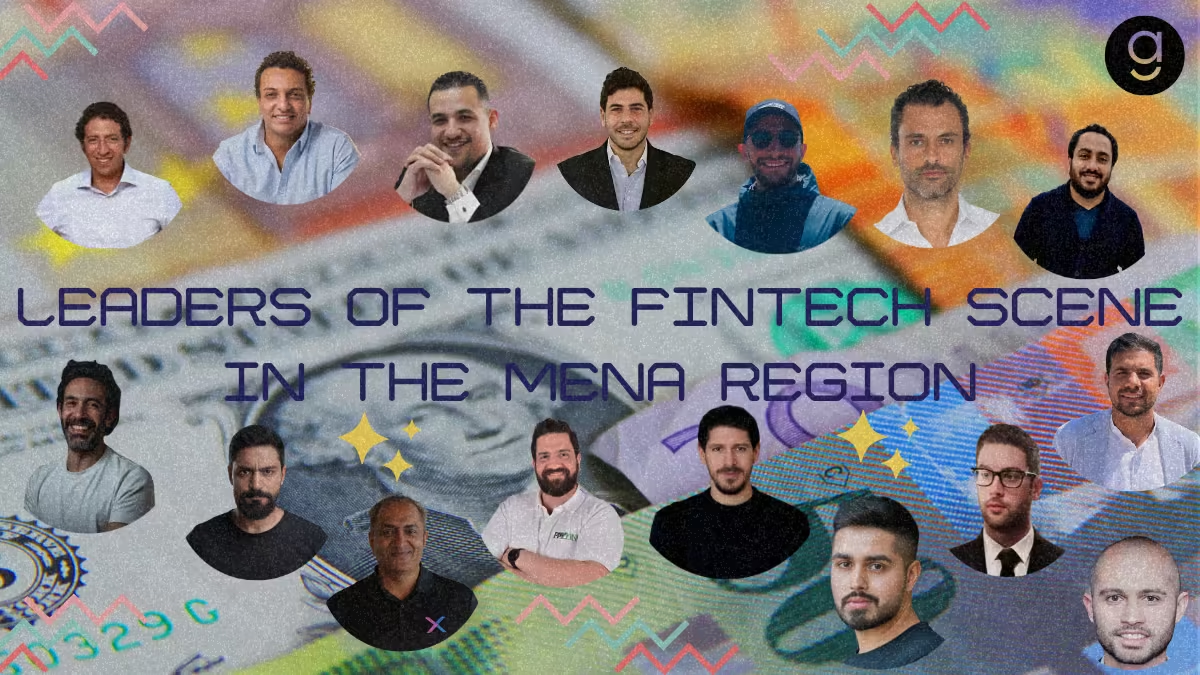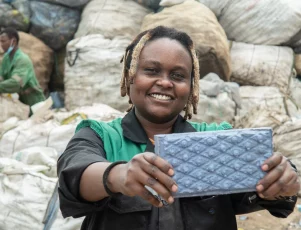The election of Kirsty Coventry as President of the International Olympic Committee marks a historic turning point for global sport. For the first time since the IOC’s creation in 1894, the world’s most powerful sporting institution will be led by both a woman and an African. Coventry’s election is more than symbolic: it reflects profound changes underway in international sports governance.
A former elite athlete, Kirsty Coventry is no stranger to Olympic excellence. Born in Zimbabwe, she is Africa’s most decorated Olympian, having won seven Olympic medals in swimming between 2004 and 2008. After retiring from competition, she transitioned into sports administration, serving on the IOC Athletes’ Commission and later on its Executive Board. She also became Zimbabwe’s Minister of Youth, Sport, Arts and Recreation, gaining political and institutional experience that would later shape her international leadership profile.
Her rise to the IOC presidency represents a clear departure from tradition. For decades, the role was dominated by European men from diplomatic or aristocratic backgrounds. Coventry embodies a new model of leadership: younger, athlete-centered, and globally representative. She has repeatedly stressed her commitment to athlete welfare, gender equality, and broader access to sport—particularly in developing countries.
Controversies and Criticism Surrounding Her Election
Despite the historic nature of her appointment, Coventry’s presidency has not been free of controversy. Critics have pointed to her role within the Zimbabwean government, which has been accused by international organizations of democratic backsliding and human rights violations. As a cabinet minister, Coventry faced criticism for not publicly opposing certain government policies, raising questions about her political independence and willingness to challenge authority.
Within the Olympic world, some observers have also expressed concerns about continuity rather than change. Coventry has long been part of the IOC’s inner circle, leading critics to argue that her leadership may preserve existing power structures rather than reform them. Issues such as transparency, governance ethics, and the IOC’s handling of political influence in sport remain sensitive topics, and skeptics question whether a leader emerging from within the system can truly transform it.
She has also been scrutinized for her positions on contentious issues such as the participation of athletes from politically sanctioned countries, the balance between inclusion and competitive fairness, and the IOC’s historical reluctance to take firm stances on human rights matters. These debates are likely to intensify during her presidency, placing her leadership style under sustained global examination.
A Presidency Under Global Scrutiny
Coventry’s African identity adds another layer of significance. Africa has long been underrepresented in international sports governance despite its athletic prominence. Her election sends a powerful signal that leadership in global sport is becoming more inclusive and reflective of the Olympic Movement’s worldwide reach.
The challenges ahead are considerable: sustainability of the Games, the rising cost of hosting, geopolitical tensions, and evolving social expectations around equality and ethics. Whether Kirsty Coventry will be remembered primarily as a symbolic trailblazer or as a transformative reformer will depend on how she addresses these controversies.
What is certain is that her presidency marks a defining moment for the IOC. As the first woman and first African to hold this position, Coventry enters office carrying both immense hope and intense scrutiny—an embodiment of a new era, but one that must still prove its promise through action.
Photos : https://www.dailysabah.com/





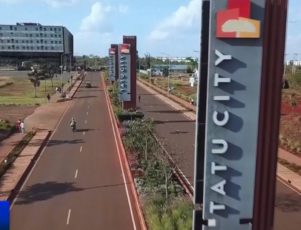
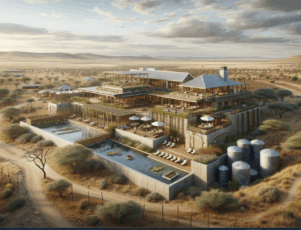
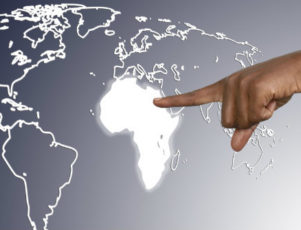
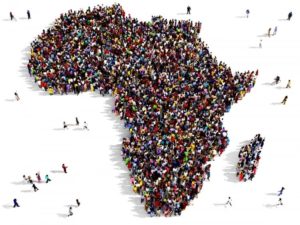 The Future Lies in Africa’s Cities and Consumers
The Future Lies in Africa’s Cities and Consumers
